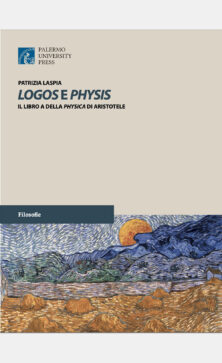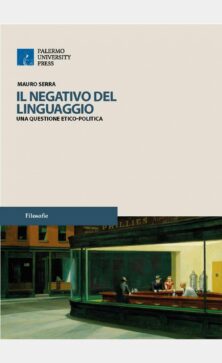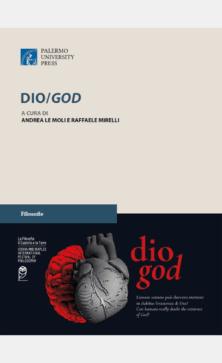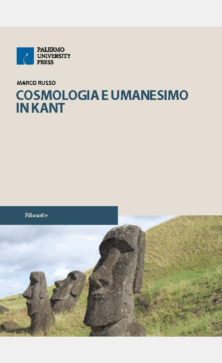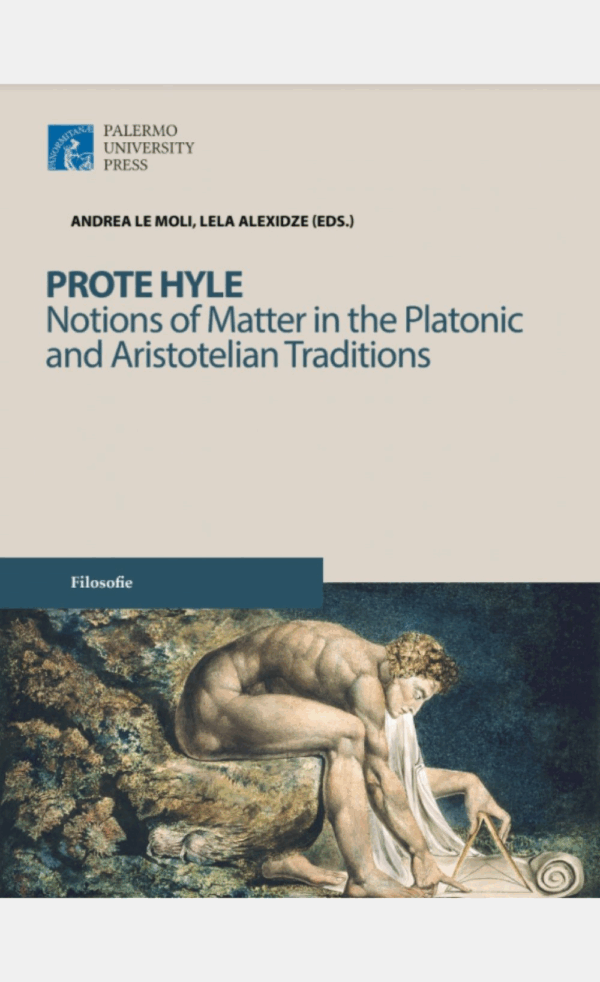
Prote Hyle
20,00€
How do we experience matter? Does it present itself to the senses? Or is it only an empty substratum that cannot be grasped if deprived of all sensible qualities? Is it perceived as a continuum, or rather intellectually reconstructed through mental and logical forms? Or is it that the very idea of a continuum is itself the outcome of mental abstraction? The nature of matter has been a central issue for philosophy since its inception. The constant oscillation of ancient thought between matter as indeterminateness that does not have a concept and does not even properly exist – and matter as a principle that allows one to think plurality and otherness, that reaches even into the realm of the intelligible and mathematical, proves to be most fruitful and philosophically rewarding.
How do we experience matter? Does it present itself to the senses? Or is it only an empty substratum that cannot be grasped if deprived of all sensible qualities? Is it perceived as a continuum, or rather intellectually reconstructed through mental and logical forms? Or is it that the very idea of a continuum is itself the outcome of mental abstraction? The nature of matter has been a central issue for philosophy since its inception. The constant oscillation of ancient thought between matter as indeterminateness that does not have a concept and does not even properly exist – and matter as a principle that allows one to think plurality and otherness, that reaches even into the realm of the intelligible and mathematical, proves to be most fruitful and philosophically rewarding. The present volume contains a number of studies that further elucidate, both historically and theoretically, the fundamental yet evasive concept of matter from Plato and Aristotle through Middle Platonism to its appropriation in Petritsi and Bruno.
| Tipologia | Cartaceo |
|---|---|
| Autore | Andrea Le Moli, Lela Alexidze (eds.) |
| Data di pubblicazione | Dicembre 2017 |
| Editore | PUP |
| ISBN | 9788899934781 |
| Pagine | 170 |

